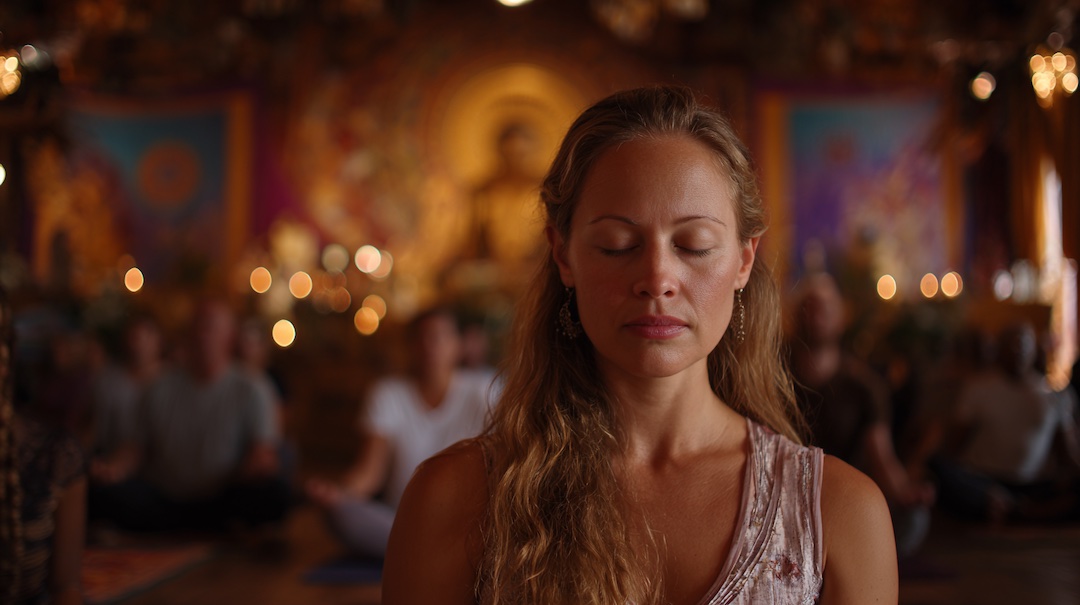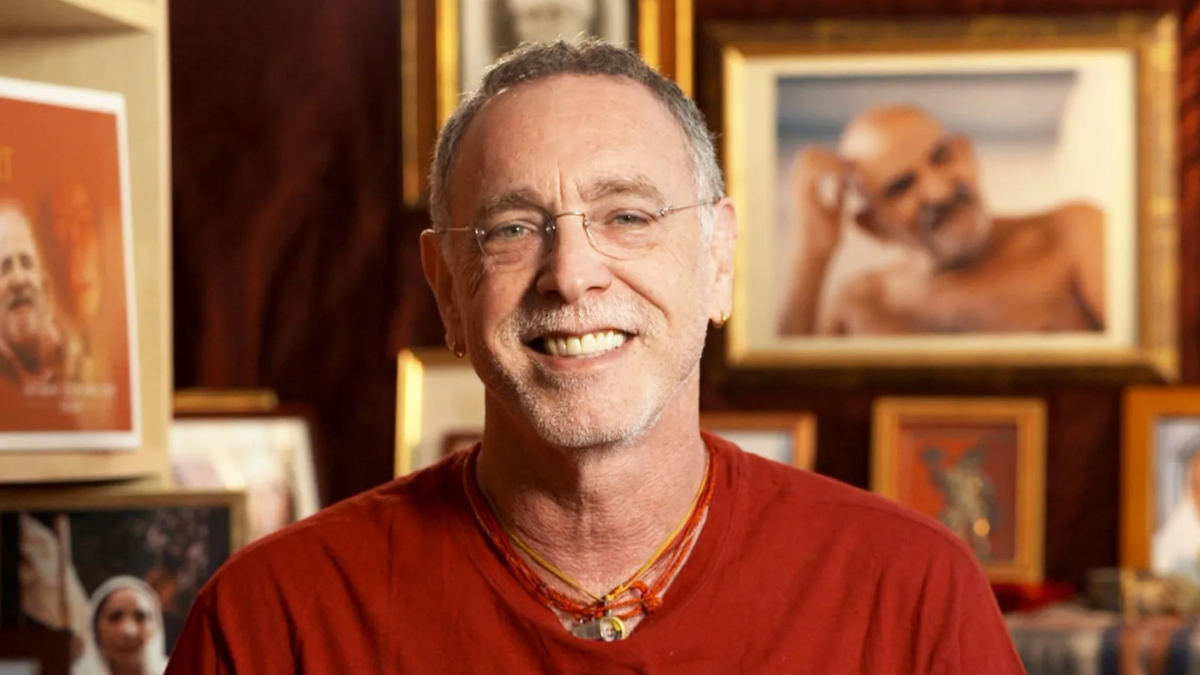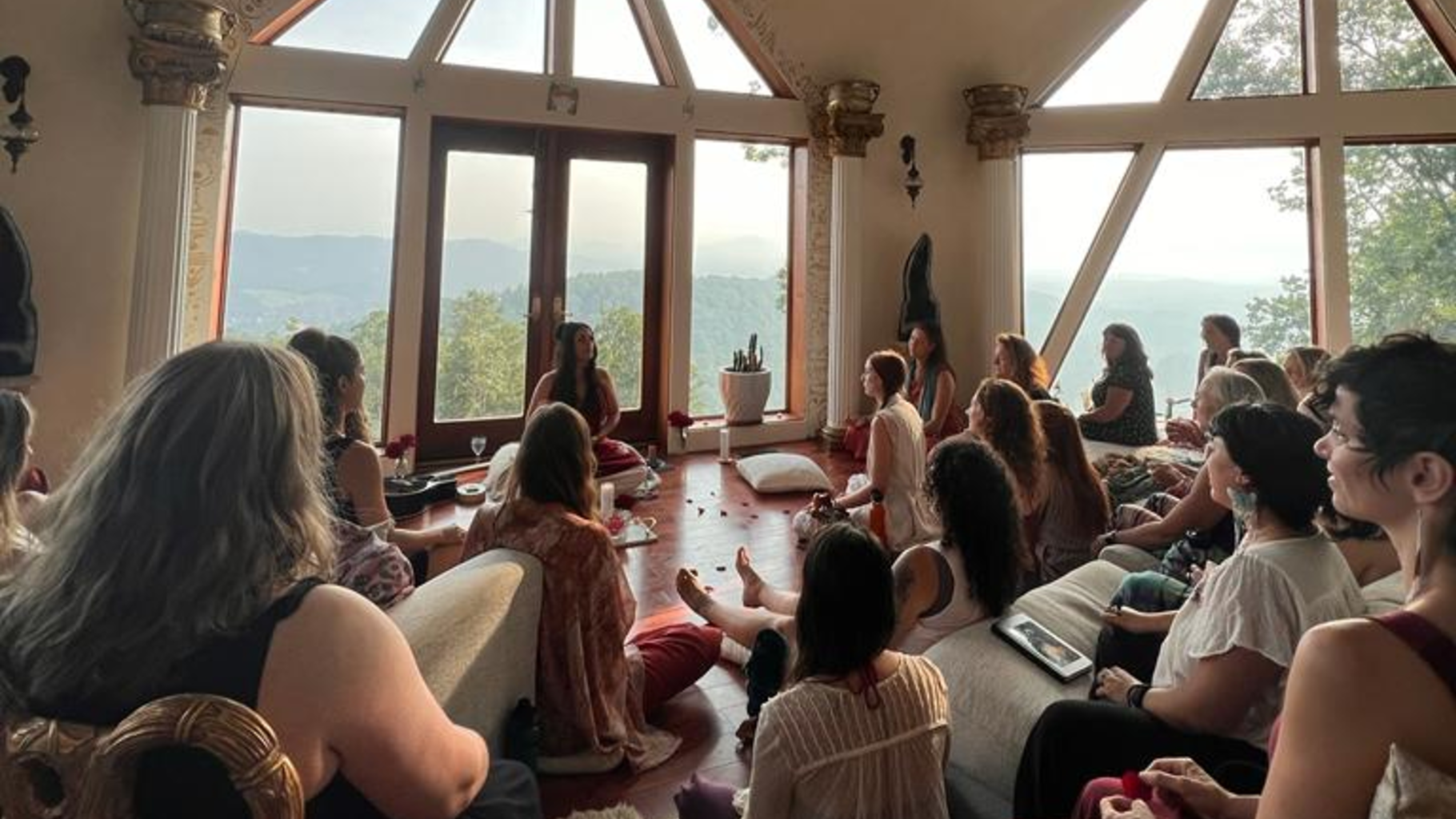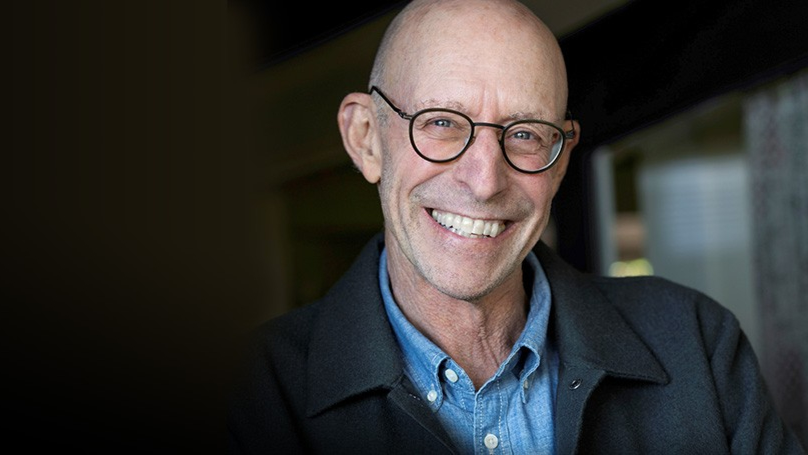
In many spiritual traditions, the term Satsanga is revered. Often translated as "keeping good company," it typically refers to surrounding oneself with awakened beings, holy people, or wise elders. The implication is clear: their light will help you see. Their virtue will rub off on you. Their silence will quiet your mind.
But what if we've misunderstood what makes a person good company? What if holiness alone isn’t enough?
Because piety without perception can feel like poison.
The Harm of Being Mis-Seen
There is a kind of psychological damage that doesn't often get named: the harm of being consistently viewed through a distorted lens. This can happen in childhood, in romantic relationships, or even in spiritual communities.
You try to speak clearly, but they hear something else. You act with kindness, but they perceive manipulation. You show up with sincerity, and they respond with suspicion. Over time, this repeated mis-seeing becomes internalized. You start to question yourself, shrink your expression, second-guess your intentions. The result? A slow erosion of your sense of self.
That’s why company alone isn’t enough. You need a mirror — someone who doesn’t just reflect back their ideals, but actually sees you.
The Healing Power of Being Seen
Some people have the rare ability to look at you and truly see you. They don’t project. They don’t filter your essence through their own beliefs or wounds. They simply witness.
And when that kind of perception touches you, something deep relaxes.
It’s not that they tell you who you are. It’s that, in their presence, your being remembers itself. You don’t feel elevated or diminished. You feel known.
It’s not about praise or validation. It’s about accuracy. Clear seeing. Soul-level attunement.
This is the true meaning of Satsanga. Not holiness, but clarity.
Piety Isn’t Always Safe
Some of the most judgmental people wear the robes of the righteous. Even in spiritual spaces, it’s not uncommon to feel unseen or misinterpreted. That’s because piety doesn’t always come with self-awareness.
Judgment cloaked in silence is still judgment. Projection wrapped in spiritual vocabulary is still projection.
Being around someone with strong spiritual ideals but little perceptual clarity can actually be more harmful than helpful. You may find yourself trying to measure up, perform your purity, or hide your humanity. And in doing so, you move further away from your own truth.
True sanctity doesn’t see itself as holy. It sees you as whole.
Redefining Satsanga
So what makes someone good company?
It’s not their outer posture. Not their quotes or silence or saintliness. It’s their ability to see clearly.
True Satsanga is the company of those who meet you without distortion. They don’t need you to be more spiritual, more evolved, or more agreeable. They don’t reduce you to your past or hold you to your lowest moments. They see the thread of goodness, even when you can’t.
Their presence doesn’t change you—it reminds you.
The Mirror That Heals
Healing doesn’t always require intervention. Sometimes it simply asks for reflection.
The deepest healing occurs not when someone fixes you, but when someone sees you. Not as an idea or a projection, but as you actually are.
No distortion. No agenda. No judgment.
Just the clear, steady presence of a mirror that heals.






























